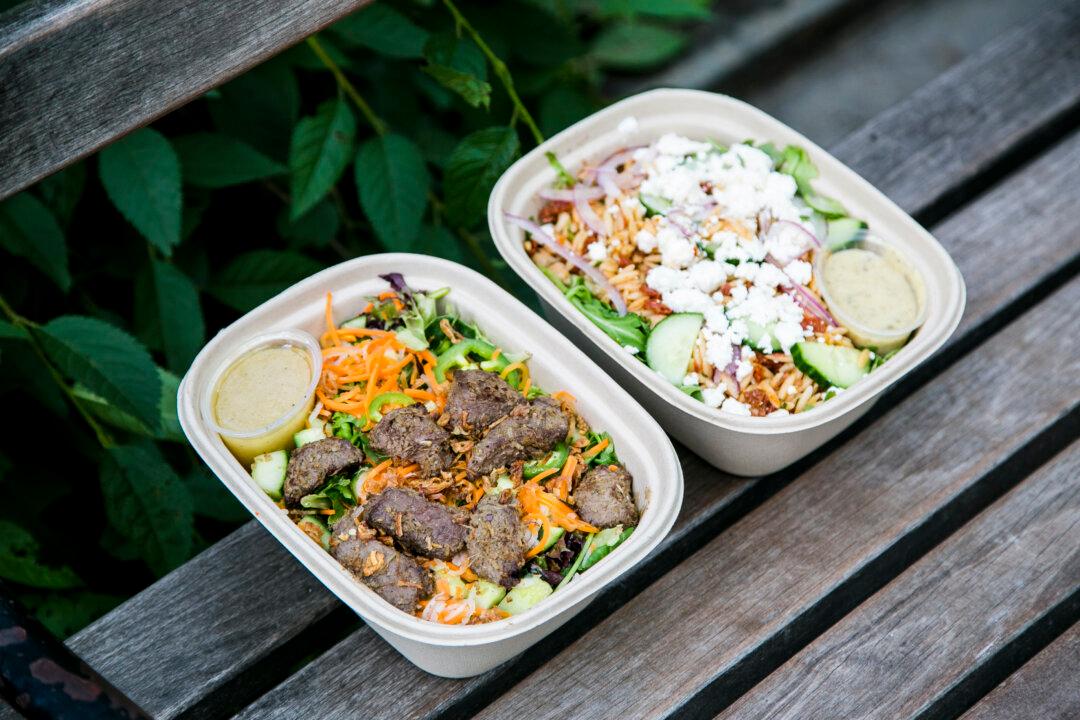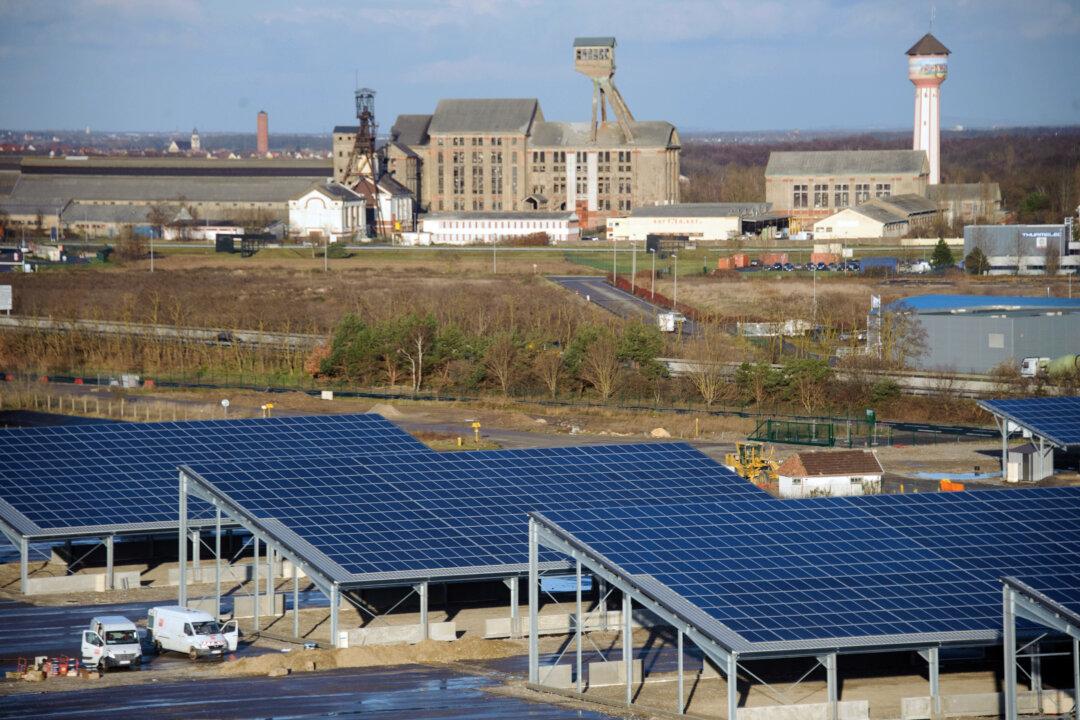Maple launched its gourmet food delivery service in the Financial District less than a year ago, and in January expanded to include Midtown Manhattan.
With Maple, New Yorkers can order up an exciting chef-designed meal any day of the week, such as the Chipotle Beef on Mushroom & Spinach, with oregano chayote squash, and spicy scallion snow peas. The promise is that it will be delivered hot, in 30 minutes or less. Lunches are $12; dinners are $15, delivery and tip included.
Backed by Momofuku’s David Chang, and $29 million in venture capital funding, Maple’s business is unique in that it owns the entire process—from recipe development, to production, assembly, and delivery—and manages it with sophisticated, purpose-built technology.
CEO and co-founder Caleb Merkl talked with Epoch Times about Maple’s vision, Chang’s role, sustainable sourcing, and why vertical integration is the only recipe for long-term success.
“We’re not playing to win the next year or two,” says Merkl, “we’re playing to build a food company that is going to change the landscape and be a leader for decades to come.”
The Model
Epoch Times: Why did the team decide to start Maple? What was the unfilled need in the marketplace?
Caleb Merkl: Maple serves balanced meals, made from the highest quality ingredients, at an accessible price, and wrapped up in an experience that is predicated on reliability and ease of use. The idea was born out of the basic pain points when it comes to ordering food online. NYC is spoiled with great restaurants, but great delivery is an entirely different challenge. We’re rethinking the whole process and building a company from scratch with the singular vision of making delivery exceptional at every step in the process.







